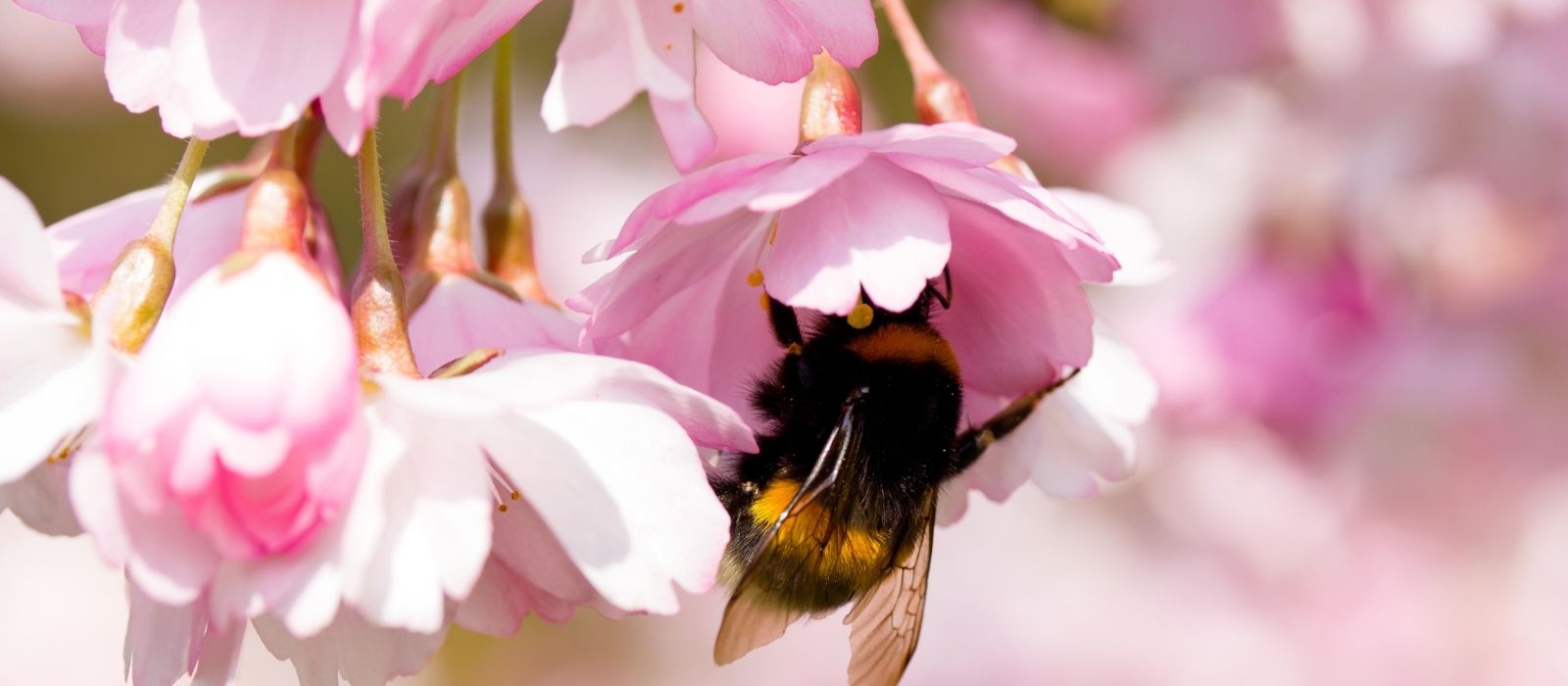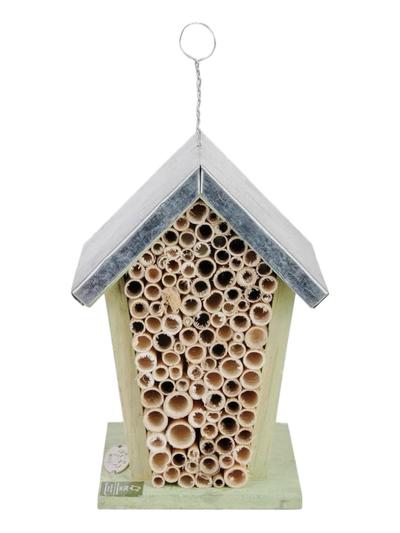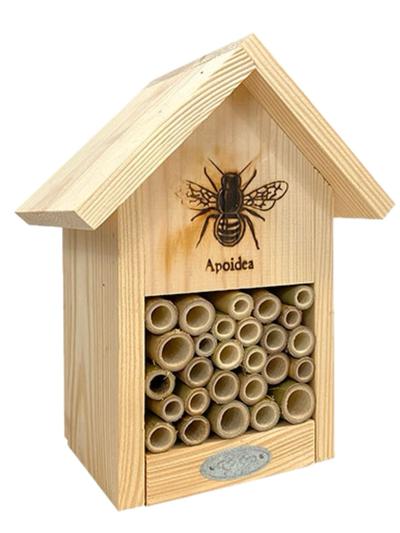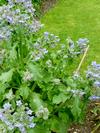
Why Bumblebees Matter
- Pollination Power: Bumblebees are excellent at pollinating flowers and crops, playing a key role in increasing fruit set and ensuring effective cross-pollination. This translates into better yields for gardeners and healthier plants.
- Adaptability: Unlike honeybees, bumblebees can work in cooler conditions, often flying in temperatures just above freezing. This makes them invaluable during the cooler months, particularly in early spring or late autumn.
Bumblebee Seasonality
- Year-Round Activity: In many parts of New Zealand's North Island, bumblebees remain active all year round, pollinating flowers during winter and the warmer months.
- Winter Hibernation: Bumblebees generally hibernate over the winter in regions like the Central North Island and South Island, with activity picking up again in spring.
How Bumblebees Pollinate
Bumblebees have unique abilities that make them exceptional at pollination:
- Buzz Pollination: Using buzz pollination, bumblebees vibrate their bodies to release pollen from flowers. This vibration dislodges up to 50 times more pollen than a honeybee can manage, allowing for more efficient pollination.
- Long Proboscis: With their long tongues, bumblebees are well-equipped to pollinate flowers with deep throats, such as broad beans. If the flower’s nectar is out of reach, they create a small hole at the base of the flower to access it.
- Rain and Cold Tolerant: Bumblebees can fly and pollinate in rain and fog and in covered areas like glasshouses or shrouded crops, where honeybees might struggle.
Creating a Bumblebee-Friendly Garden
Encouraging bumblebees into your garden can have numerous benefits, from better pollination to improved fruit yields. Here are some ways to attract bumblebees to your garden:
- Plant a Variety of Flowers: Bumblebees are attracted to a wide range of plants, especially those with vertical flowers like foxgloves, lupins, and sunflowers. Their long proboscis allows them to reach nectar in flowers that may be too deep for other insects.
- Avoid Pesticides: Pesticides can harm pollinators, including bumblebees. Choose natural pest control, like companion planting, to keep your garden safe from these beneficial insects.
- Provide Shelter and Nesting Sites: Bumblebees prefer to nest in sheltered, undisturbed areas. Consider adding a bee hotel or leaving patches of long grass in your garden where bumblebees can build their nests.
- Native Plants: Including native plants that bumblebees are adapted to can help ensure their survival. These plants often provide the pollen and nectar that bumblebees rely on, especially in spring and autumn.
Bumblebees play a vital role in ensuring a thriving garden and healthy crops. Their ability to pollinate in cooler temperatures and difficult conditions makes them indispensable to gardeners. By creating a bee-friendly environment and planting various nectar-rich flowers, you can support these hardworking insects and enjoy the benefits of increased pollination in your garden.











